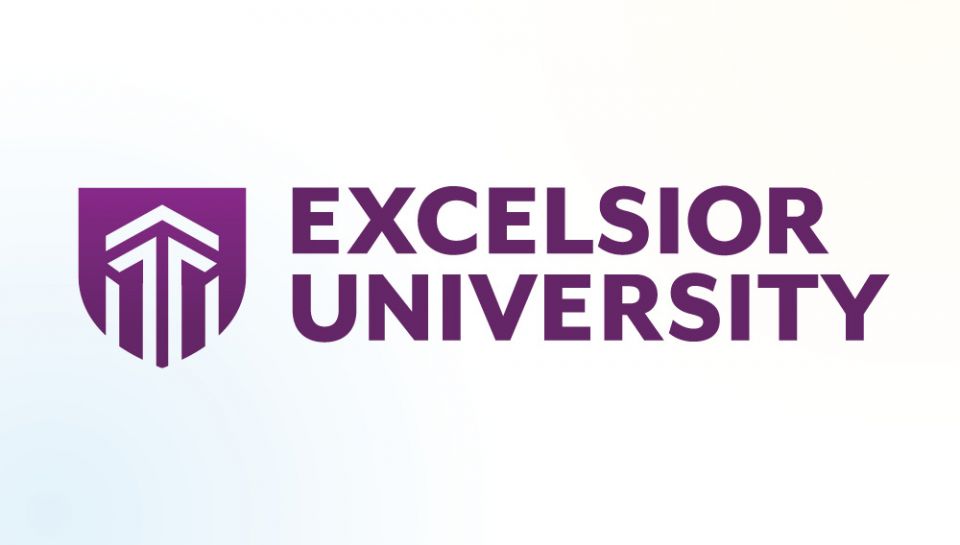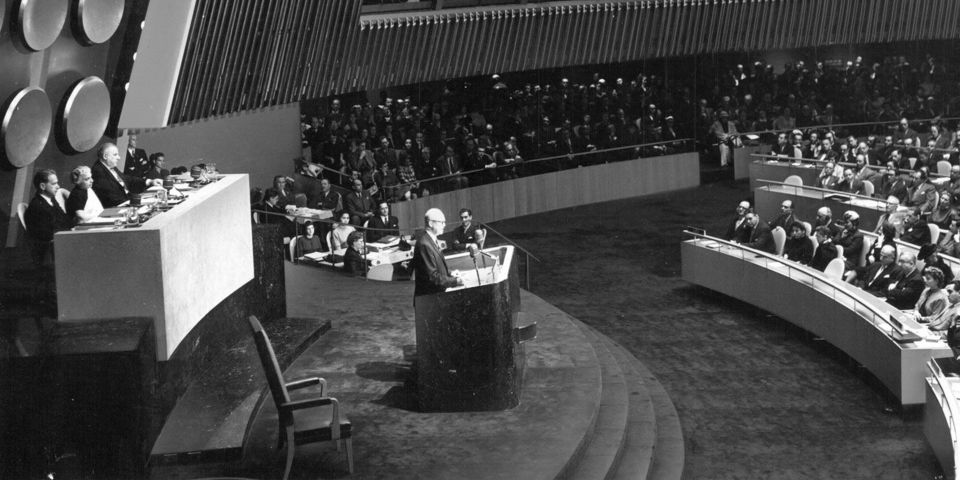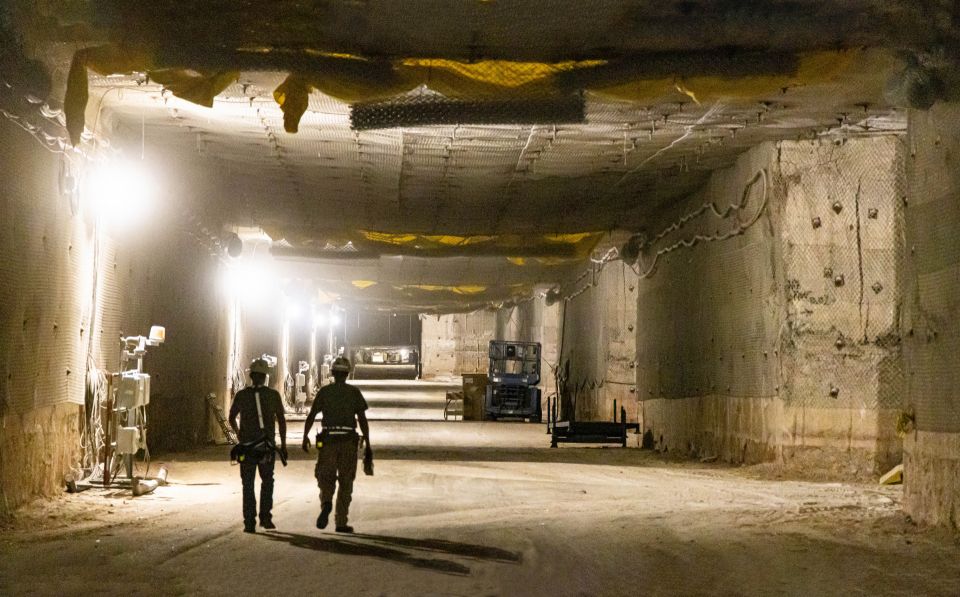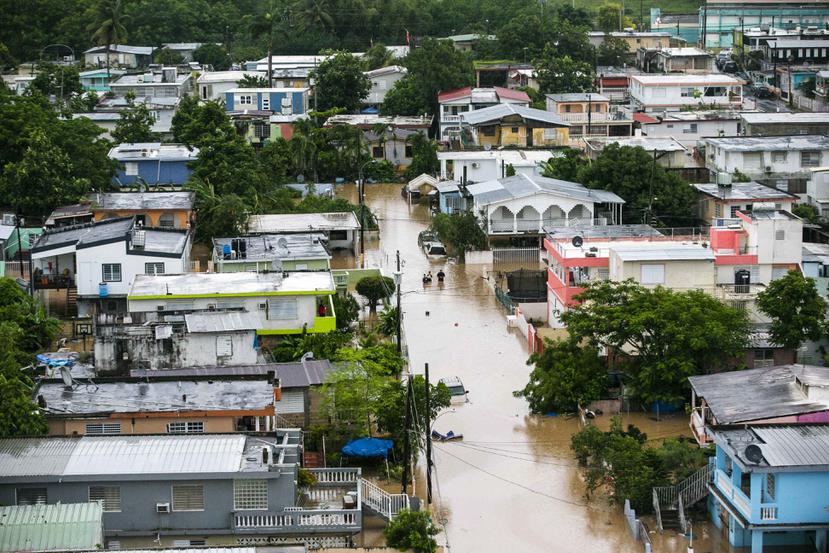 As a college student with 2340 friends on Facebook, I have worked to create a social network where I can both inform my friends and learn from them simultaneously. With each new post on my profile, literally thousands of people have a glimpse into my world-and then the comments start flooding in. Whether I am posting about where to eat Italian food in New York City or how the new START Treaty will reduce the number of nuclear weapons in the United States, I am always sure to get quite a few comments with questions or arguments to my statement. Regarding the comments that I post on nuclear issues, my readers are learning about the technology without my having to make a case for it. It is simply part of my daily life, and they know about my schooling in nuclear engineering, and they accept that my comments are based on a solid foundation.
As a college student with 2340 friends on Facebook, I have worked to create a social network where I can both inform my friends and learn from them simultaneously. With each new post on my profile, literally thousands of people have a glimpse into my world-and then the comments start flooding in. Whether I am posting about where to eat Italian food in New York City or how the new START Treaty will reduce the number of nuclear weapons in the United States, I am always sure to get quite a few comments with questions or arguments to my statement. Regarding the comments that I post on nuclear issues, my readers are learning about the technology without my having to make a case for it. It is simply part of my daily life, and they know about my schooling in nuclear engineering, and they accept that my comments are based on a solid foundation.
Most important Facebook message of my life
I have had employers both block Facebook and encourage Facebook. I understand both decisions. Social networking can be addictive, and with more than 2300 Facebook friends, I am being bombarded with messages and posts every minute of every day.
I can, however, count one Facebook message to be the most important one I ever received: I was offered my senior-year internship through Facebook!
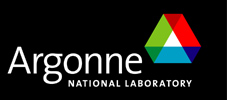 I had been connected with my contact at Argonne National Laboratory for a few years, and one day as I was checking my messages he asked me what I was doing for the summer. After a short electronic conversation, I was jumping up and down with excitement knowing that I was going to be working at a preeminent research facility, partly due to the contacts I had strengthened through Facebook.
I had been connected with my contact at Argonne National Laboratory for a few years, and one day as I was checking my messages he asked me what I was doing for the summer. After a short electronic conversation, I was jumping up and down with excitement knowing that I was going to be working at a preeminent research facility, partly due to the contacts I had strengthened through Facebook.
I don't expect Facebook to become the job offer Web site for the nuclear industry, but I want to reinforce the idea that as my generation begins to enter the workforce, we will bring with us the new tools of social networking. Perhaps a Web site used today for finding friends will be used one day for solving challenges that may emerge for the nuclear industry.

Brinton
Samuel Brinton is a student at Kansas State University studying mechanical and nuclear engineering and vocal music performance, with a minor in Chinese language. He is in his senior year and will be going to graduate school in nuclear engineering with a concentration in technology and policy. He wants to study the international nuclear fuel cycle as a system and its political and economic factors.
He is the president of his student chapter of ANS and serves on the Public Information Committee and Student Sections Committee.
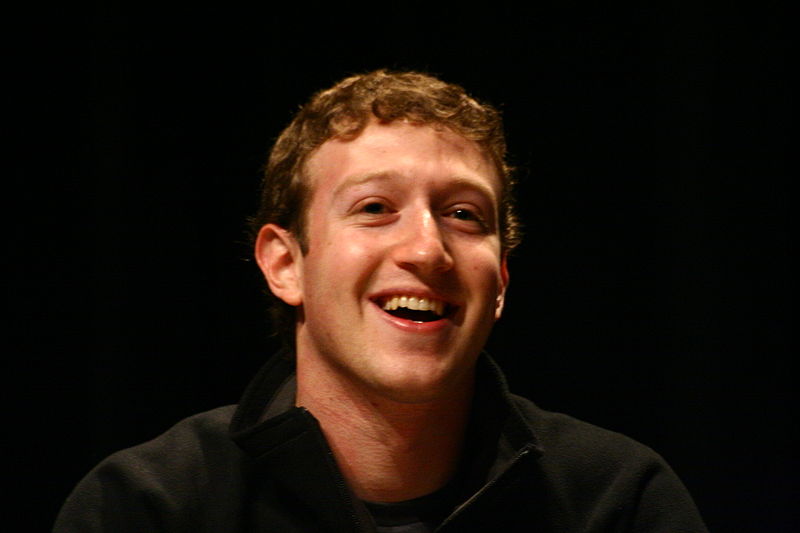


 As a college student with 2340 friends on Facebook, I have worked to create a social network where I can both inform my friends and learn from them simultaneously. With each new post on my profile, literally thousands of people have a glimpse into my world-and then the comments start flooding in. Whether I am posting about where to eat Italian food in New York City or how the
As a college student with 2340 friends on Facebook, I have worked to create a social network where I can both inform my friends and learn from them simultaneously. With each new post on my profile, literally thousands of people have a glimpse into my world-and then the comments start flooding in. Whether I am posting about where to eat Italian food in New York City or how the  I had been connected with my contact at Argonne National Laboratory for a few years, and one day as I was checking my messages he asked me what I was doing for the summer. After a short electronic conversation, I was jumping up and down with excitement knowing that I was going to be working at a preeminent research facility, partly due to the contacts I had strengthened through Facebook.
I had been connected with my contact at Argonne National Laboratory for a few years, and one day as I was checking my messages he asked me what I was doing for the summer. After a short electronic conversation, I was jumping up and down with excitement knowing that I was going to be working at a preeminent research facility, partly due to the contacts I had strengthened through Facebook.
